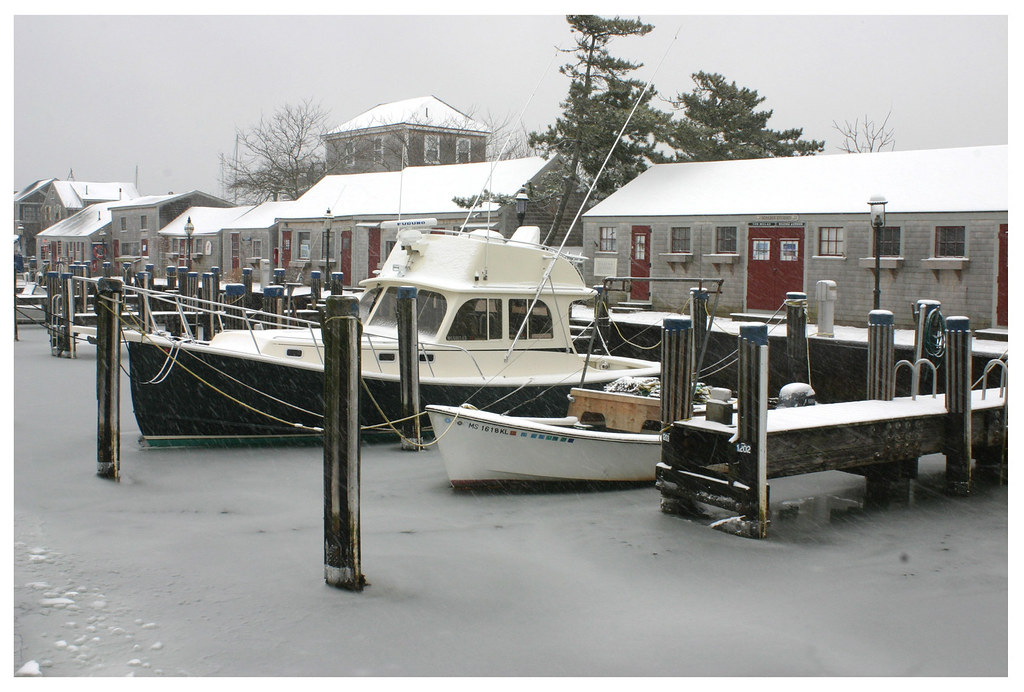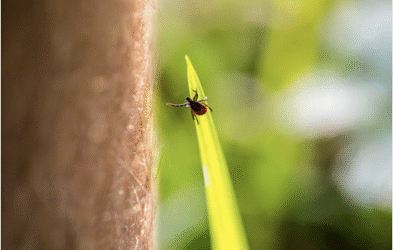Life on Martha’s Vineyard and Nantucket is often associated with picturesque beaches, historic lighthouses, and a vibrant seasonal tourist economy. However, for the year-round residents and workers who call these islands home, life takes on a different rhythm once the tourist crowds disperse. These islands, though idyllic, face unique challenges, particularly when it comes to healthcare, housing, and access to essential services. This is where local public health departments and the Islands Public Health Collaborative play a vital role in maintaining the well-being of the permanent population.
The Unique Lifestyle of Year-Round Island Residents
Year-round residents of Martha’s Vineyard and Nantucket experience a slower pace of life once the busy summer season comes to an end. With populations drastically reduced, the islands transform into close-knit communities where everyone knows their neighbors, and the quiet natural beauty of the landscape becomes the backdrop for daily living.
However, living on an island year-round comes with its own set of challenges:
- Limited Access to Healthcare: With only a handful of healthcare providers and hospitals on the islands, getting specialized care often means traveling to the mainland. This can be time-consuming and costly, particularly in the off-season when transportation options are more limited.
- Housing Issues: The high demand for vacation homes during the summer drives up the cost of living, leaving year-round residents grappling with limited affordable housing options. Many workers face housing instability, and seasonal workers often struggle to find places to live during the winter.
- Employment: While tourism fuels much of the islands’ economy during the warmer months, the job market shrinks significantly in the off-season. This creates a boom-and-bust employment cycle that can be hard for workers to navigate, especially when paired with high living costs.
- Isolation: The winter months can feel isolating for some, with fewer social activities and a smaller community presence. This can lead to mental health challenges such as anxiety and depression, which can be compounded by limited access to mental health services.
The Role of Public Health Departments
In response to these unique challenges, public health departments on Martha’s Vineyard and Nantucket play a crucial role in supporting year-round residents. By promoting health and safety, ensuring access to vital services, and advocating for vulnerable populations, these departments are essential to maintaining the islands’ long-term wellness.
Some key roles of public health departments include:
- Healthcare Access and Coordination
Given the limited healthcare resources on the islands, public health departments are instrumental in coordinating care for residents. They often work closely with mainland hospitals, telehealth services, and visiting specialists to ensure that residents can receive the medical attention they need. Public health departments also play a vital role in organizing vaccination clinics, health screenings, and mobile healthcare services, which are critical in a remote setting. - Affordable Housing Advocacy
Recognizing the housing challenges faced by many residents and workers, public health departments collaborate with local governments and housing organizations to advocate for safe, affordable housing. Housing instability is a significant determinant of health, and the departments work to ensure that residents have access to secure living arrangements, particularly for low-income families and the essential workers who keep the islands running year-round. - Mental Health and Substance Use Services
Mental health services are vital for year-round residents, especially given the social isolation and economic stress that can arise during the off-season. Public health departments on the islands work to provide access to counseling, mental health resources, and substance use prevention programs. They also strive to reduce the stigma around mental health by promoting awareness campaigns and community support networks. - Emergency Preparedness and Response
Public health departments are at the forefront of preparing for emergencies on the islands, whether it’s responding to a public health crisis like COVID-19, ensuring access to emergency medical care during storms, or coordinating disaster relief efforts. Their work is essential in protecting residents from the unique vulnerabilities of island life, such as limited emergency medical facilities and difficult travel conditions during storms. - Environmental Health and Safety
The public health departments also focus on ensuring the environmental health of the islands, protecting water quality, managing waste disposal, and monitoring food safety in restaurants and stores. This is particularly important on islands where natural resources are more fragile and waste management options are limited. - Community Health Education and Support
Public health departments provide vital education and outreach on topics ranging from chronic disease prevention to nutrition and exercise programs. They organize community health events, workshops, and awareness campaigns that keep residents informed and empowered to take charge of their own health and well-being.
Supporting the Workforce and Families
Many of the islands’ year-round residents work in hospitality, construction, education, healthcare, and other essential sectors that keep the islands thriving. Public health departments ensure that workers and their families have access to resources that support their overall health. This includes partnerships with local schools to promote child wellness, coordination with employers on health initiatives, and offering services tailored to the needs of seasonal and low-wage workers.
Conclusion: A Healthier Island Community
Life on Martha’s Vineyard and Nantucket offers natural beauty and a strong sense of community, but the challenges faced by year-round residents are significant. Public health departments are vital in addressing these issues, ensuring that residents have access to the care, services, and support they need to thrive in an island setting. Through advocacy, coordination, and community-driven programs, these departments help maintain the health and well-being of the islands, building a healthier, more resilient year-round population for generations to come.





0 Comments